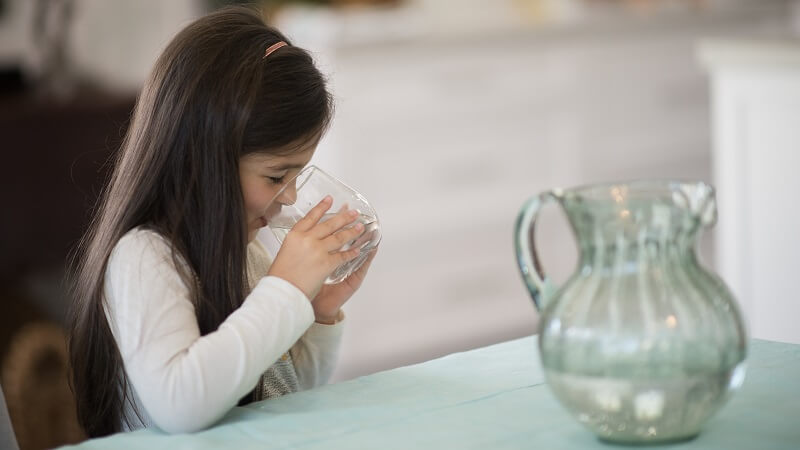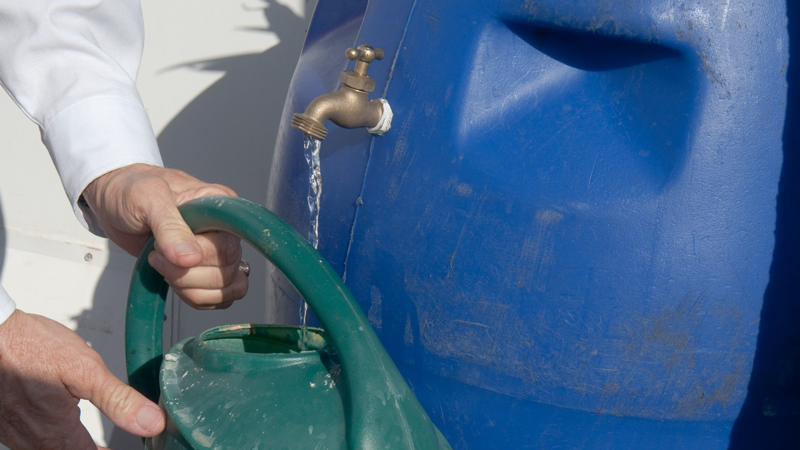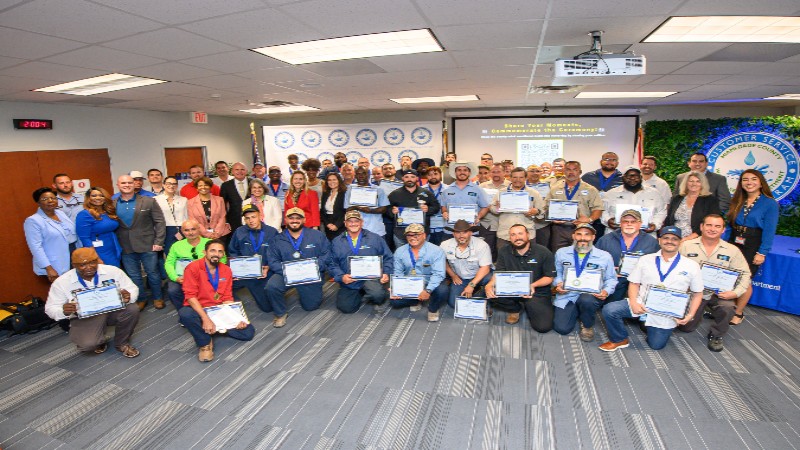-
News & Social Media
-
Create a new miamidade.gov account
A miamidade.gov profile allows you to link to your Water and Sewer customer account, as well as subscribe to a variety of news and alert services.
Receive weekly news & events, public notices, recycling reminders, grant opportunities, emergency alerts, transit rider alerts and more.
-
-
Employee Portal
-
My Employee Portal
Employees can login to access personnel information, workplace tools, trainings and more.
-
Prepare and store Miami-Dade County tap water when a hurricane is announced

As hurricane season officially began on June 1, the Miami-Dade Water and Sewer Department is prepared to deliver essential services throughout the season. Our staff is committed to providing safe, top-quality drinking water and reliable sewer services to a population of more than 2.8 million people year-round.
The department has taken steps to ensure that our resources are sufficient to meet the needs of our customers. We have fuel and water treatment supply reserves to operate on auxiliary power at the three water plants without interrupting service for two weeks without supplemental deliveries.
In advance of the South Florida region experiencing tropical storm force winds, the department's treatment plants will transfer to generator power, so plant operations are not impacted by electrical fluctuations and outages.
Despite it being hurricane season, residents can remain conservation minded by using water jugs and other containers on hand to store Miami-Dade tap water. It is also more cost-effective than spending money on single-use water bottles during each storm event. As we continue to navigate through the 2024 hurricane season, review Miami-Dade County's Hurricane Guide for tips and other important information to stay prepared well in advance of a storm.
Pre-Storm Tips
- Make sure to have one gallon of water per person and pet per day for seven days
- Refill and use water jugs and other containers on-hand with Miami-Dade County tap water once a hurricane warning is announced
- Know your zone. If you live in an area that is at risk of storm surge, make sure you are aware of the nearest shelter and evacuation route
During/After Storm Tips
- Keep manhole covers closed. Opening manhole covers can temporarily alleviate flooding, but it introduces additional water to the sewer system and can cause overflows. We don't want flooding getting into the wastewater system, and we don't want wastewater getting into our streets, so please keep manholes closed
- While the Department is prepared to service Miami-Dade County before, during and after a storm, it is recommended that residents minimize water usage after a storm so as not to overly impact the water system should pressure be lower than normal
- If you see something, say something:
- Report flooding in your neighborhood by dialing 311 in Miami-Dade, and report damage to your home or property via the Neighborhood Damage Assessment Form online or by calling 311
- Following a storm, if the water initially comes out cloudy, let the faucet run until it clears. The water is safe to drink
- Cloudy water is caused by the disruption of the calcium carbonate, which is used during the water treatment process, within our pipes when water pipe pressure changes within the distribution system. In most cases, by opening the taps in your home or flushing your toilets, the cloudy water, which is a temporary cosmetic change, moves through the plumbing in the home and clears up
- If you have questions about water quality, please call 786-552-4738 if you live north of Southwest Eighth Street and 786-552-4181 if you live south of Southwest Eighth Street
- Please refrain from using water to hose off debris after the storm. Instead, bag up the debris rather than hosing it into storm drains to minimize street flooding resulting from clogged storm drains
It is the priority of the Miami-Dade Water and Sewer Department to provide safe, reliable service to its customers.
Learn how to store tap water
Leaving Miami-Dade County
You are now leaving the official website of Miami-Dade County government. Please be aware that when you exit this site, you are no longer protected by our privacy or security policies. Miami-Dade County is not responsible for the content provided on linked sites. The provision of links to these external sites does not constitute an endorsement.
Please click 'OK' to be sent to the new site, or Click 'Cancel' to go back.





